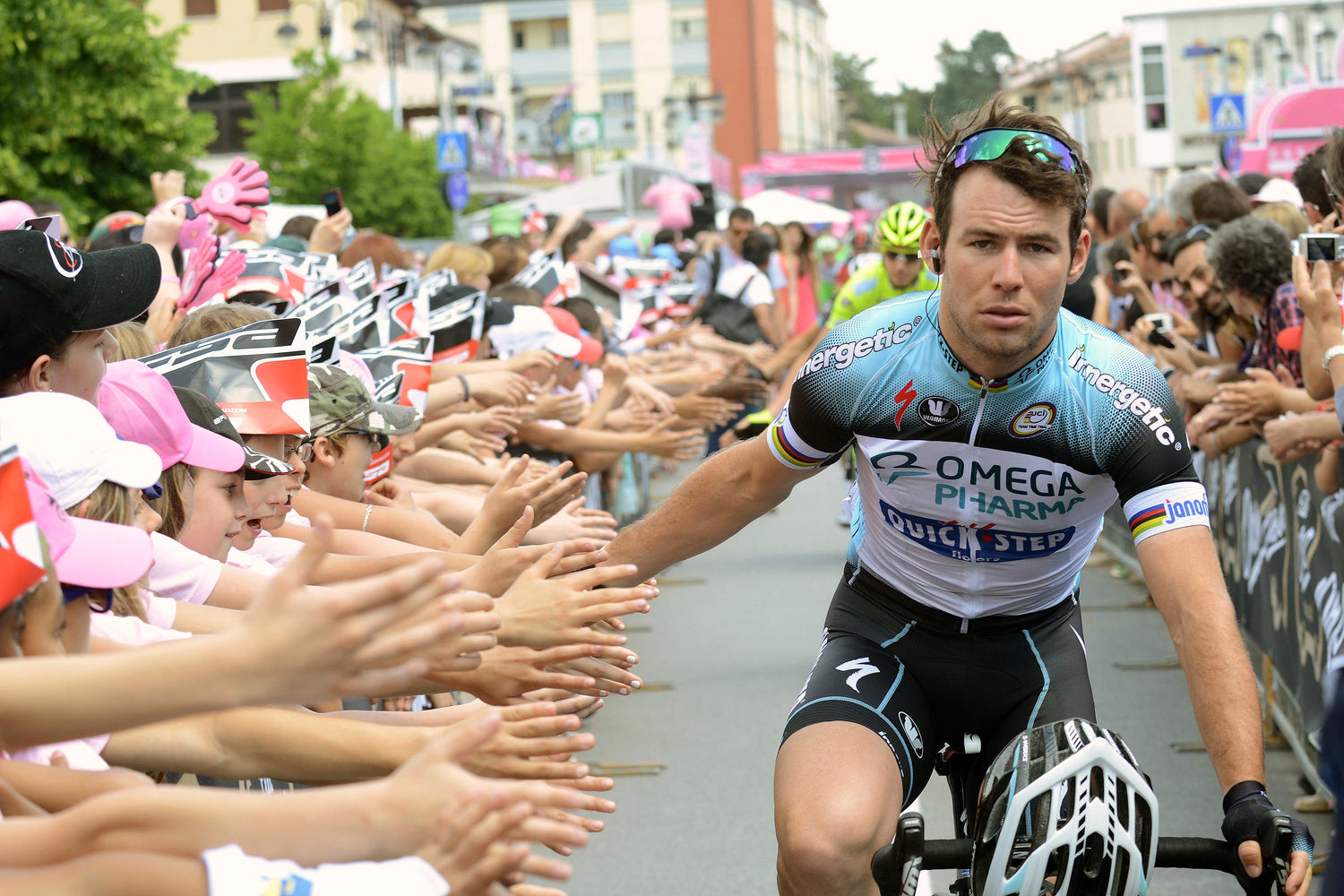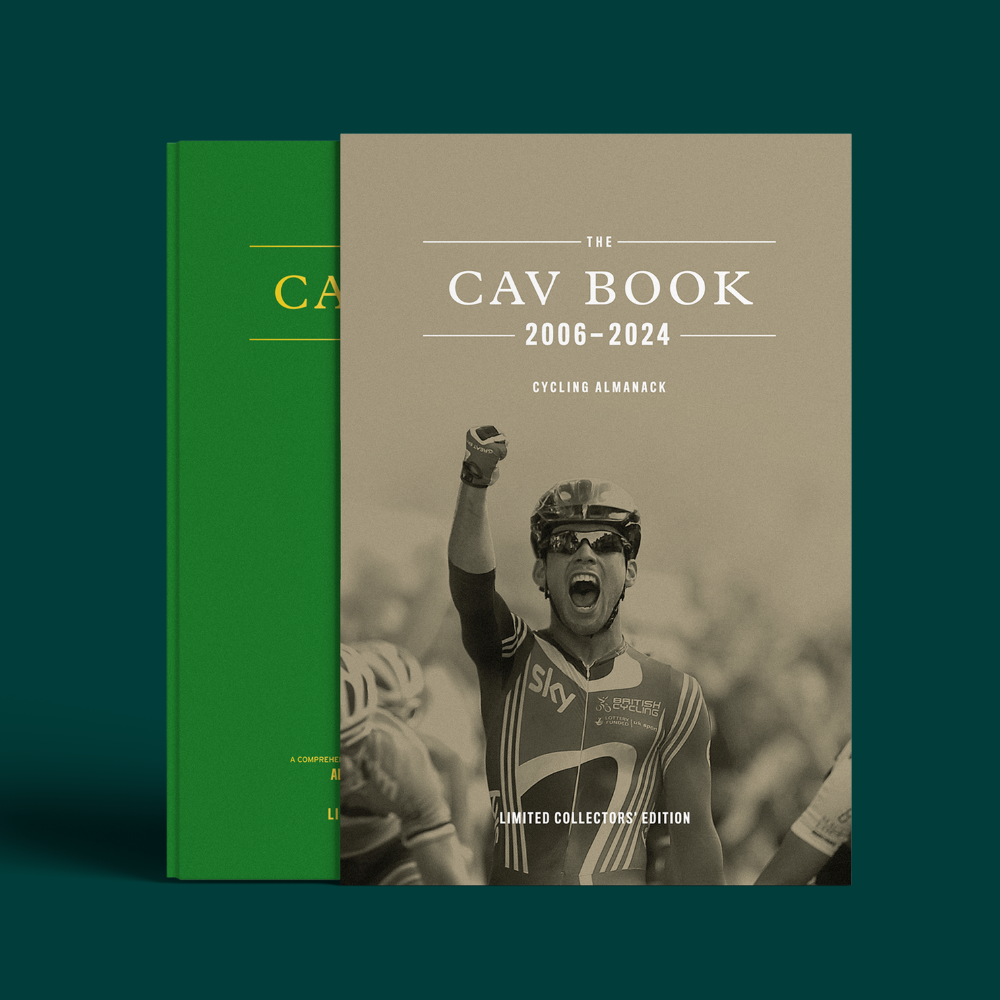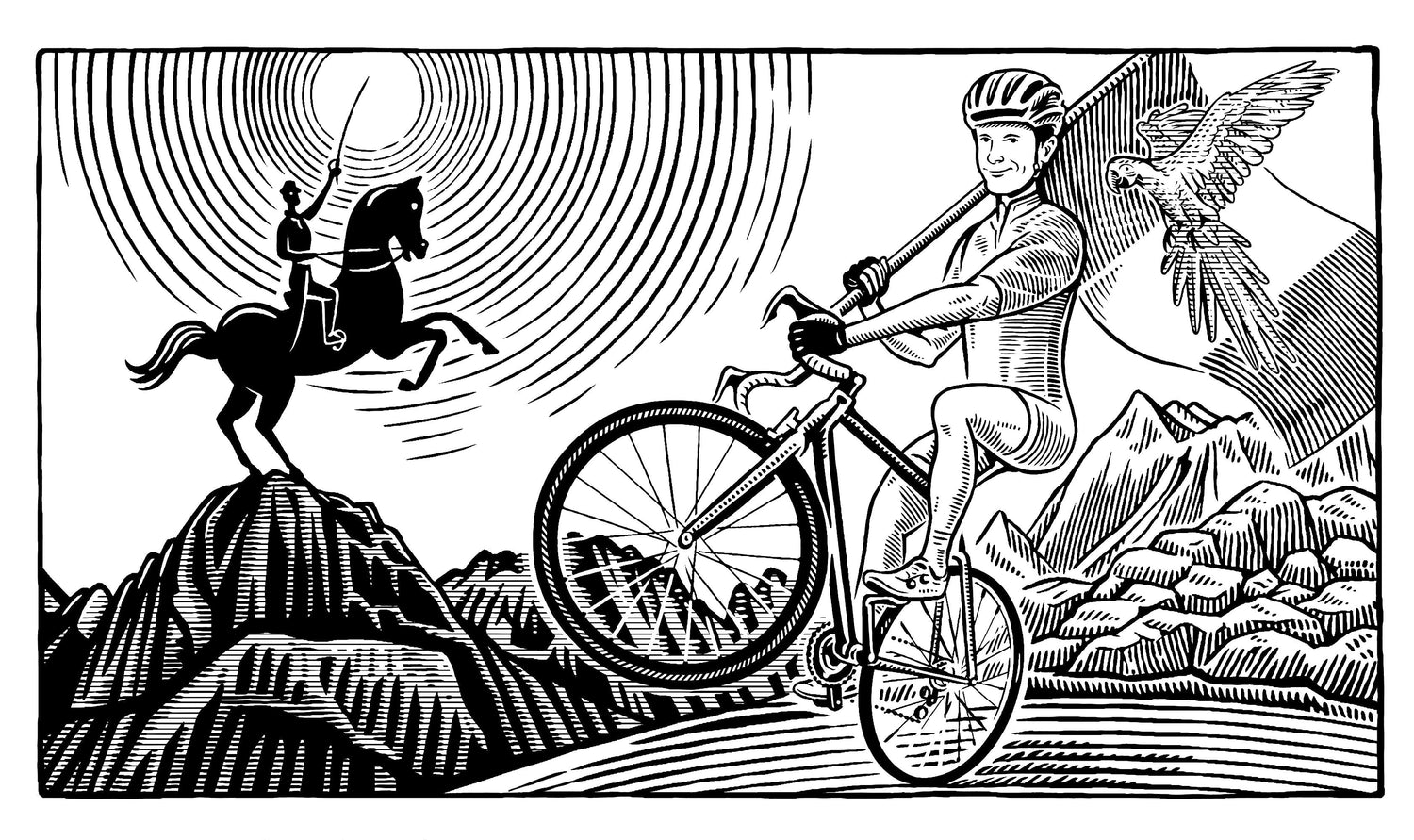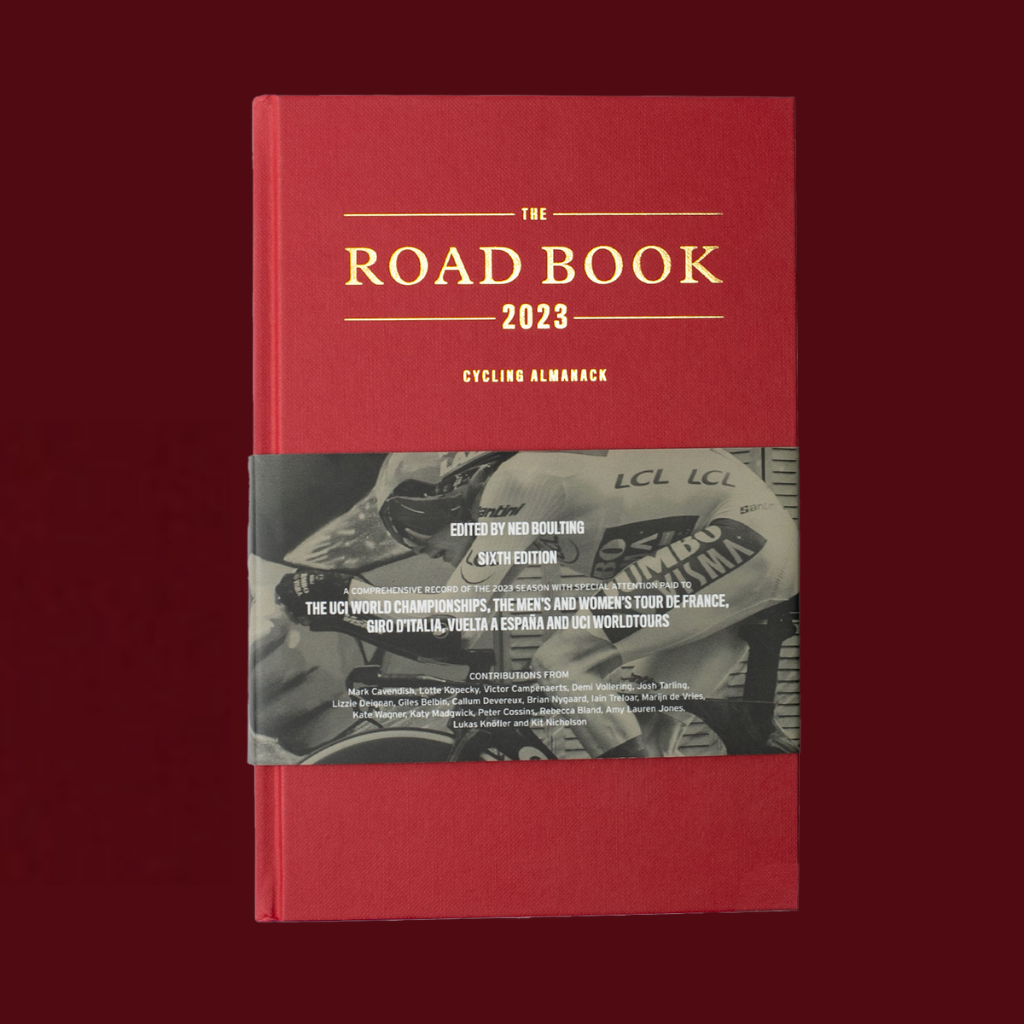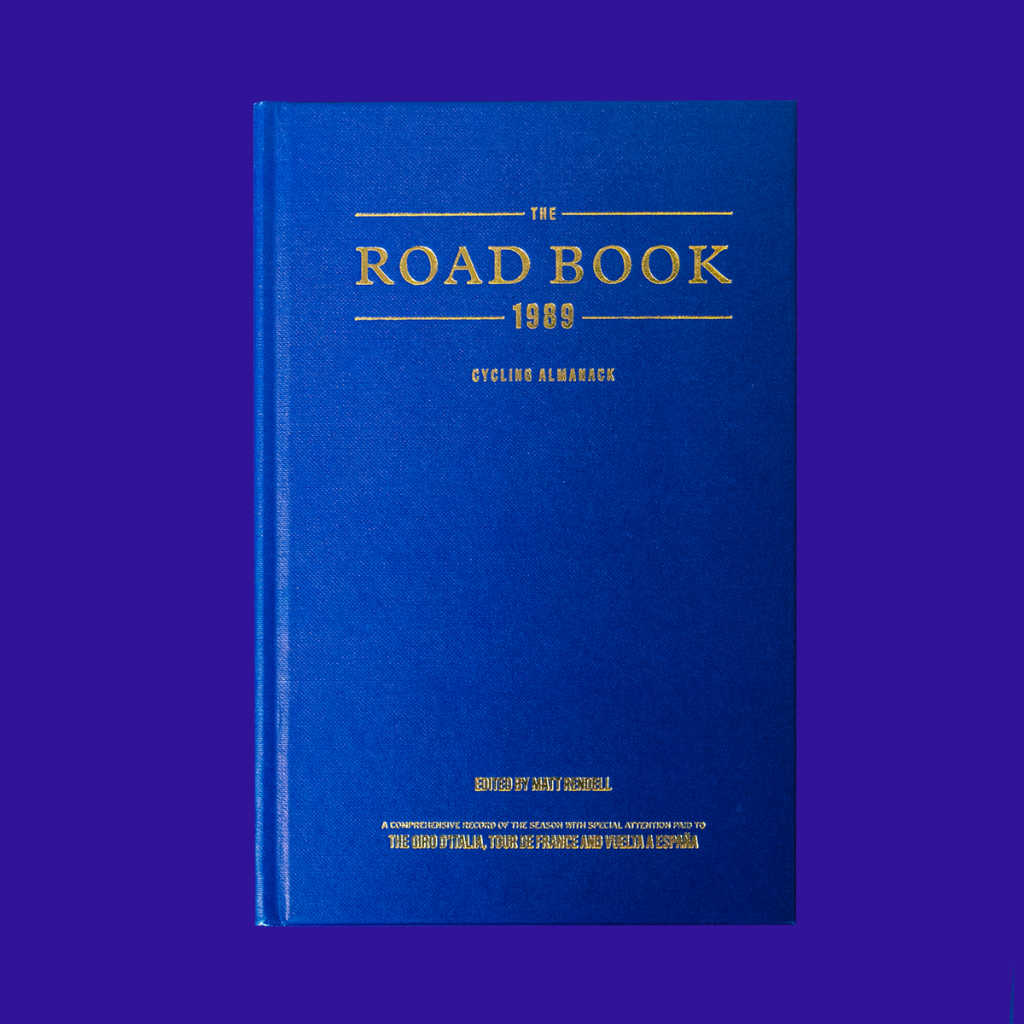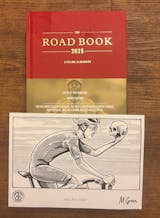Four weeks ago, on the morning of the lockdown, I decided to step away from Twitter. No one likes a flounce, and I hope that’s not how it was interpreted. I like to think it was more like slipping unobserved out of a party close to midnight, when you think you won’t be missed. A ghost exit.
I probably owe people if not an apology, then at least an explanation. After all, I have been fortunate enough to enjoy a fantastic and enduring relationship with many thousands of people on Twitter for a decade. In many cases, I have gone on to meet people in the real world who have become friends and colleagues. In fact, now I come to think it, this wonderful book would not have come about had I not first “met” Cillian Kelly (@irishpeloton) online.
The previous day, I had posted a clumsily worded suggestion that we all stop going for leisure rides. I regret saying this now. I had been shocked by how the world seemed to be blithely ignoring urging for people to stay at home, and I was looking to the example of other countries where the measures were already much stricter, having spoken to friends in Italy, France and Spain. But, in saying what I said, I upset a lot of people. Some correctly pointed me in the direction of current government advice, which plainly stipulated that exercising on a bike was still allowed. Not everyone was so measured in their replies. I don’t want to re-open that debate now. I tried to engage in it at the time and admitted later that after listening to my critics (there were also many who agreed with me) I’d re-evaluated my position. This is how I left it.
But the rancour didn’t let up. The final straw came the following morning, when a dentist, misinterpreting my words, sarcastically asked for my permission to ride to work, “if that’s OK with you?” After that, I opened up the settings and suspended my account.
The subsequent four weeks have felt like a slow-motion free fall. In common, I am certain, with every one of us, I have wrestled day by day, hour by hour and sometimes minute by minute with the gravity of the situation; the wrecking ball this pandemic is taking to our lives. But at least I’ve not had to contend with Twitter’s more vituperative nature and addictive invitation to indulge in emotionally destructive “doomscrolling”. Its absence from my life has led to a noticeable calmness descending, just when I’ve needed it most.
But the time to return to social media was always going to come. For better or worse, the damn platform is knitted into the fabric of cycling, and for people like me whose livelihoods depend on it, to be wilfully absent is a form of career suffocation. The question was only about how to “ease the lockdown”. I am back, but gradually so. Normal service (as shoddy as it is) is still some way off, I suspect.
I’ve not been entirely idle, though. I spent the best part of two weeks recording and then editing (God, the editing!) an audiobook of “How I Won The Yellow Jumper”, which you can listen to on this site for free. I’ve been having plenty of discussions with our writers and editorial team at The Road Book about how we set about doing justice to this extraordinary year of not-racing. Rest assured, the 2020 volume is going to be very special. And also, early on in that first week of lockdown, I spent an evening painting onto cardboard Emily Dickinson’s wonderful poem “Hope” and placing it in the window:
“Hope” is the thing with feathers –
That perches in the soul –
And sings the tune without the words –
And never stops – at all –
And sweetest – in the Gale – is heard –
And sore must be the storm –
That could abash the little Bird
That kept so many warm –
I’ve heard it in the chillest land –
And on the strangest Sea –
Yet – never – in Extremity,
It asked a crumb – of me.
I love this poem. But I’ve adapted it, in my mind, since. Hope also sits locked away in the test tubes and microscopes of our life scientists, it rests in the heart of every one of our care workers, health care assistants, nurses and doctors, as well as the countless support staff upon whom the NHS relies. Hope drives among the packages and the bags in the back of vans, just as it sits in the panniers and hides in the trollies of our delivery workers. It accompanies security guards, technicians, supermarket staff, police, teachers, shopkeepers, refuse collectors, call centre workers, mothers, fathers, children and all the unnamed billions of human souls with whom we are sharing this dark journey.
Hope is the most precious contactless currency we’ve ever held in our gloved hands.
As the dread curve flattens out, so the mirror-image bell curve of terrible news has started to bottom out. Hope suggests that where there was only bad news, there will be an exponential growth in better news over coming weeks and months.
I make no predictions, but I feel strongly that the end of the beginning is now gradually being replaced by the beginning of the end. I’m emerging, blinking, into the bright spring light. And I’m delighted to see that the world is still turning.
A brittle, hopeful bit of me is back.



